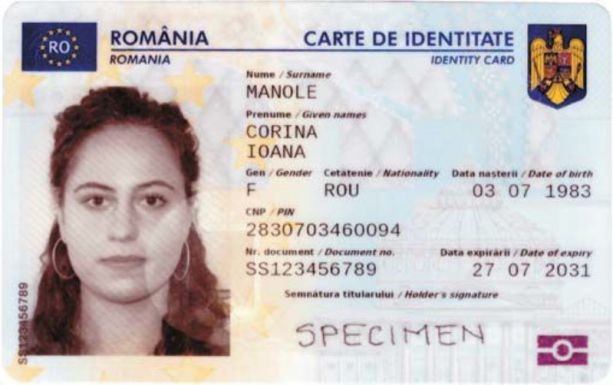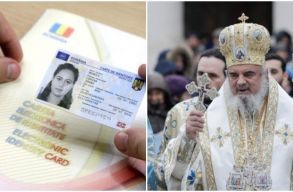On Monday, August 2, the Romanian authorities issued the first electronic identity card as part of the pilot project launched in Cluj. However, the political formations trying to influence public opinion and the Orthodox Church reacted negatively to the fact that the term "sex" (biological sex) used on the current identity cards was changed to "gen" (social sex, gender).
The amendment was first criticized by the Association for the Unity of Romanians (AUR), and then the Romanian Orthodox Church (BOR) also issued a statement condemning the amendment. The AUR claims that this change will lead Romania "towards the loss of national identity and the re-education of the population". The ultra-nationalist party not only complains about the indication of gender on the new electronic identity cards, but also noticed that they lack the tricolor:

Alexandru Stănescu cites the relevant paragraphs of EU legislation to prove that the accusations of AUR and BOR are unfounded. The expression in the identity card was introduced by the authorities in compliance with the relevant European Union legislation. These clearly state that each EU member state must decide whether to include gender on the identity card, and if it is included in the data, the initials "F", "M" or "X" must be used to indicate it, or any other unique initial letter that corresponds to the language of the state concerned.
Cătălin-Aurel Giulescu, head of the population register division of the Ministry of the Interior , has already put his new personal modification into perspective and suggested in a television interview that they might return to the term "sex". By the way, as was also said in Cluj, the traditional identity card will be available in parallel with the electronic identity card, but - as it will contain fewer security elements - it will not be used as a travel document in Europe.
The entire article can be read on the Transindex.ro portal.













